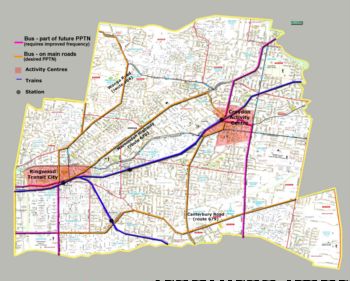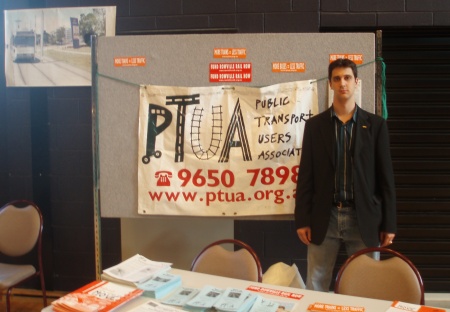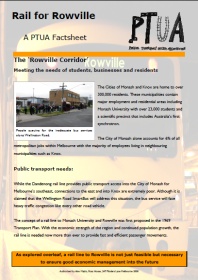This evening’s Eastern Transport Coalition meeting focused on the public transport summit planned for the 4th of July. This public transport summit will focus on the infrastructure needs of Melbourne’s outer eastern suburbs and will include presentations on Doncaster rail, Rowville rail as well as Ringwood Station and the Belgrave/Lilydale lines.
While rising petrol prices have led to a reduction in vehicle usage within inner Melbourne, families in Melbourne’s outer suburbs are left struggling under the strain of rising prices due to the lack of readily available public transport.
The State Government must realise that it is time to move on from transport neglect and towards an era of major public transport expansion to provide transport choice for Melbourne’s outer suburbs. Only a significant boost to public transport will provide an alternative to rising petrol prices and reduce greenhouse emissions that are continuing to spiral out of control.
The summit includes a number of prominent transport and planning experts, including Peter Newman, Professor of Sustainability, Curtin University and Professor Graham Currie, Monash University Chair of Public Transport.
Ringwood Station and the importance of Ringwood as a regional centre will feature as one of the topics to be discussed at the summit. I will presenting information on the Ringwood Transit City and the importance of public transport in providing a safe, accessible and vibrant environment at 10:45 am.
The summit entitled ‘It’s Time to Move On’ will be held on Friday the 4th of July from 8:30 am at the Maninngham Function Centre, 699 Doncaster Road in Doncaster.
For further details please visit www.etc.org.au.



